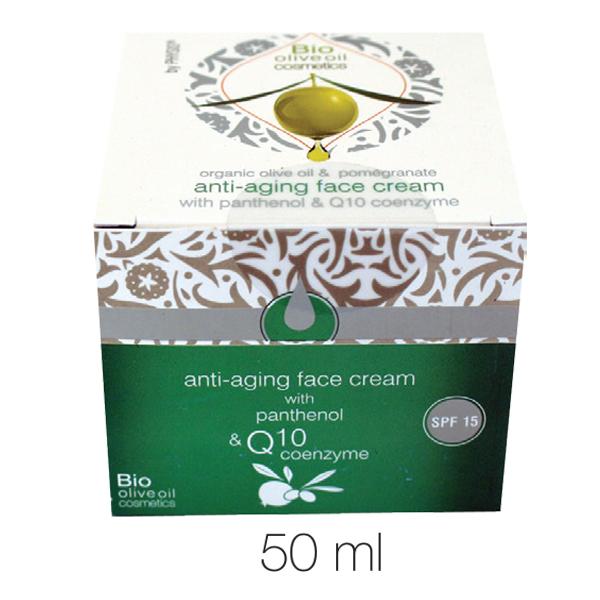
10 Reasons Why Organics Benefits Us
1. Organics are Healthier
Typically organic food contains higher levels of vitamin C enzymes and essential minerals such as calcium (63 percent higher), magnesium (118 percent higher), iron (73 percent higher) and chromium, cancer-fighting antioxidants and being 29 percent lower in mercury. Feeding the soil with organic matter instead of ammonia and other synthetic fertilizers has proven to increase nutrients in produce, with higher levels of vitamins and minerals found in organic food, according to the 2005 study, “Elevating Antioxidant levels in food through organic farming and food processing,” Organic Center State of Science Review (1.05)
2. Taste Better and Truer Flavor
Scientists now know what we eaters have known all along - organic food often tastes better. It makes sense that food taste more appetizing when raised in naturally in nature, but researchers at Washington State University just proved this as fact in lab taste trials where the organic fruits were consistently judged as sweeter. It makes sense that chemicals are not going to taste like mother nature provided. Organic produce is often lower in nitrates and higher in antioxidants than conventional food. A number of top chefs choose organic, and every year many are involved in the Soil Association's Organic Food Awards.
3. High standards
Organic food comes from trusted sources. All organic farms and food companies are inspected at least once a year. The standards for organic food are laid down in European, US and Canadian law. Genetically modified (GM) crops and ingredients are not allowed under organic standards as well as MSG and other provin toxins. Organic is the only de facto seal of reassurance against these and other modern, lab-produced additions to our food supply, and the only food term with built in inspections and federal regulatory teeth.
4. Build Healthy Soil
Mono-cropping and chemical fertilizer dependency has taken a toll with a loss of top soil estimated at a cost of $40 billion per year in the U.S., according to David Pimental of Cornell University. Add to this an equally disturbing loss of micro nutrients and minerals in fruits and vegetables.
5. Our Food Source Delima
There is growing concern about the high use of antibiotics on farm animals and the possible effects on human health. Soil Association standards prohibit the routine use of antibiotics. Animal welfare is taken very seriously under organic standards. The benefits of the organic approach are acknowledged by animal welfare organizations such as Compassion in World Farming as well as the UK and US government.
6. Kinder to Our Earth
The UK government has said that it is better for wildlife, causes lower pollution from sprays, produces less carbon dioxide - the main global warming gas - and less dangerous wastes.
7. Avoids Pesticides
Over 400 chemical pesticides are routinely used in conventional farming and residues are often present in non-organic food. The UK government has recently found high levels of pesticide residues in baby food, spinach, dried fruit, bread, apples, celery, and chips. Chemicals kill.
8. Promote Biodiversity
Visit an organic farm and you’ll notice see a buzz of animal, bird and insect activity. These organic oases are thriving, diverse habitats. Native plants, birds and hawks return usually after the first season of organic practices; beneficial insects allow for a greater balance, and indigenous animals find these farms a safe haven. Organic farmers bring balance back into farming were all aspects of the farm building for the future crop and soil. Support Organic farms - they feed us and we want them around for a long time. According to Organic Farming Research Foundation, as of 2006 there are approximately 10,000 certified organic producers in the U.S. compared to 2500 to 3,000 tracked in 1994. People are taking charge of their own health.
9. Protect Future Generations
Reduce toxic load on humans and the planet. Before children are even born the toxic risk from pesticides has already begun. Studies show that infants are exposed to hundreds of harmful chemicals in utero. In fact, our nation is now reaping the results of four generations of exposure to agricultural and industrial chemicals, whose safety was deemed on adult tolerance levels, not on children’s. According to the National Academy of Science, “neurologic and behavioral effects may result from low-level exposure to pesticides.” Numerous studies show that pesticides can adversely affect the nervous system, increase the risk of cancer, and decrease fertility. Buying organic food promotes a less toxic environment for all living things. With only 0.5 percent of crop and pasture land in organic, according to USDA that leaves 99.5 percent of farm acres in the U.S. at risk of exposure to noxious agricultural chemical.
10. It's Important - You're Important
We need to support companies that support us. Organic companies are on the cutting edge of product supply for the aware consumer and if we use our consumer power to support them they are more like to thrive and add additional products and services tp tjeor offerinds. We do make a difference - every purchase says "Yes I want pure products on my plate and in my cosmetic bag". It's important - you're important.




